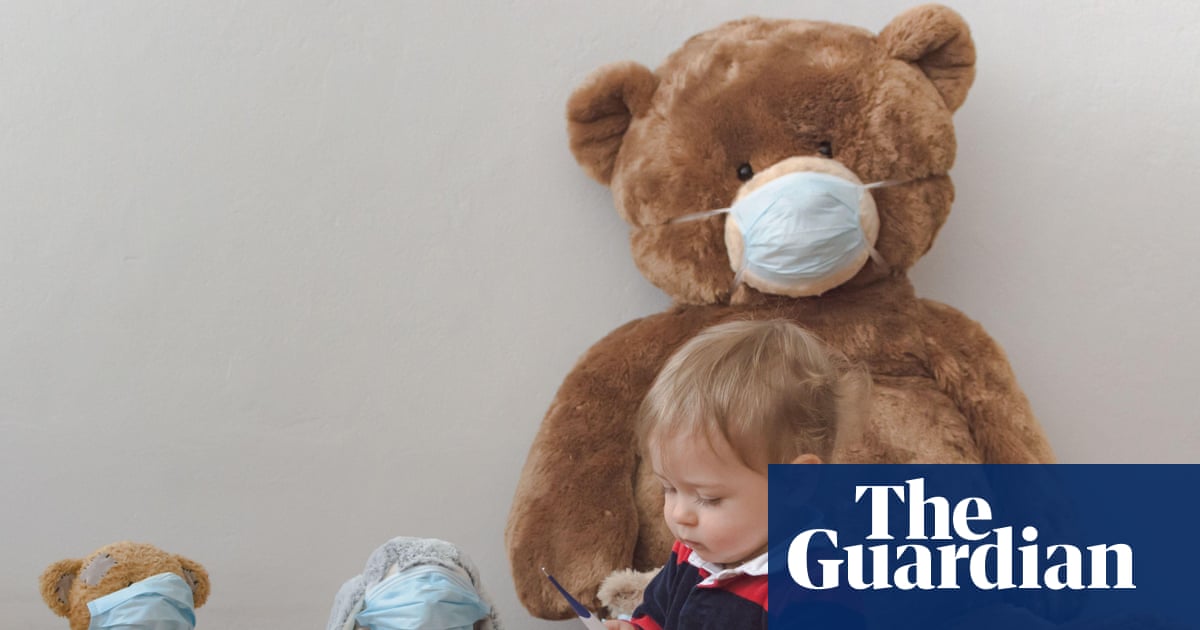Frances Ryan describes nursery staff donning aprons and gloves, in an effort to prevent the spread of measles (Look at the rise of measles in England and ask yourself: have we learned a single thing from Covid?, 23 July). This raises important issues. We are unaware of evidence that this would be effective.
As measles is spread by coughing, sneezing, singing etc, should masks be worn? Two-thirds of cases of measles this year have been in children aged 10 years or younger. Should we be asking the children in the nursery to wear PPE as well? What will be the effect on young children of being cared for by people in aprons and gloves, and possibly masks – surely not good for their emotional development?
More importantly, as Frances describes, we refer to the “personal choice” of parents not to have their child vaccinated with the safe and effective MMR vaccine. This “personal choice” should not extend to putting other children at risk. In a nursery there will be unimmunised children – not through a parent’s decision, but because the child is not eligible. Some of the children will be too young to be vaccinated with MMR and occasionally there will be a child whose immune system does not work properly.
If either of these groups of children develops measles, they are more likely to have serious complications, including brain damage and death. As they cannot be vaccinated, the only way to protect them is to ensure that their contacts are immunised.
With freedom comes responsibilities. Perhaps when measles is around, children who are not immunised should be excluded from nursery. What all too often happens is that the child who cannot be immunised is excluded. Is that right?
Dr David Elliman and Prof Helen Bedford
UCL Great Ormond Street Institute of Child Health
